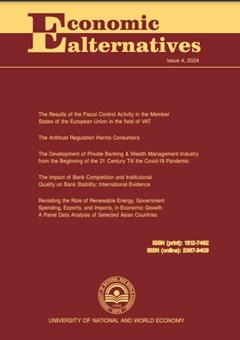Revisiting the Role of Renewable Energy, Government Spending, Exports, and Imports, in Economic Growth: A Panel Data Analysis of Selected Asian Countries
Authors: Ijaz Uddin, Saeedullah Khan, Suliman Afzal, Azizullah, Jawad Khan, Zulfiqar Khan
Abstract
Investing in renewable energy sources reduces a country’s reliance on fossil fuel imports, enhancing energy security. By diversifying the energy mix, nations can mitigate the risks associated with price volatility and geopolitical tensions related to fossil fuel dependency. This stability in the energy supply promotes economic growth by ensuring a steady and affordable source of power for industries and businesses. Therefore, the present study examines the impact of renewable energy, government spending, exports, and imports on economic growth in selected Asian countries (namely, Bangladesh, Bhutan, India, Nepal, Pakistan, and Sri Lanka) from 2000 to 2021. This study uses the Fixed Effects method of estimation based on the Hausman specification test. The findings reveal that renewable energy consumption, government spending, exports, and import have a positive effect on economic growth. Moreover, it is found that among these variables, renewable energy consumption and exports have maximum impact on economic growth in selected countries. Governments can allocate funds for the development, renewable energy project, and maintenance of infrastructure, such as transportation networks, roads, bridges, ports, and public utilities. It not only creates immediate job opportunities but also enhances productivity and growth.

